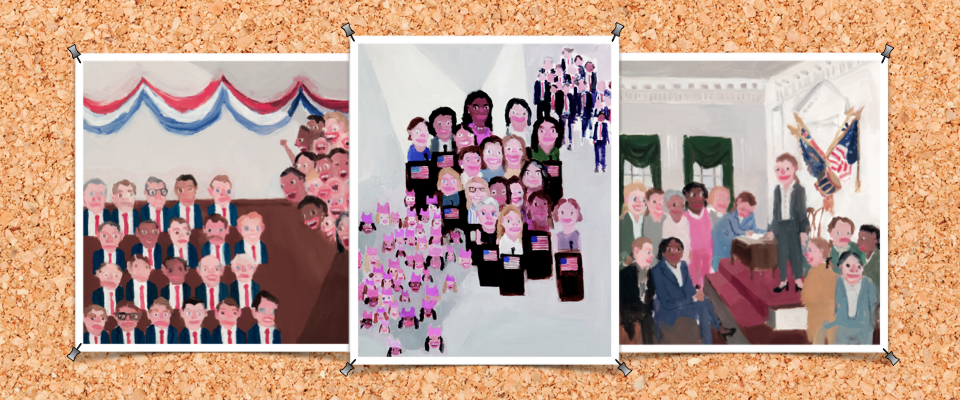It turns out the secret to health and longevity isn’t that complicated: Run if you can, walk if you can’t. Also more is better than less, and faster is better than slower. Those are the ineluctable conclusions of the world’s longest-running study on the health benefits of running and walking—a tracking of 160,000 runners and walkers that is also debunking some conventional wisdom about fitness.
The project, launched in 1991 and led by Lawrence Berkeley National Laboratory staff scientist Paul Williams, has generated multiple papers in peer-reviewed journals, each looking at the impacts of running and walking on different threats to human health: hypertension, arteriosclerosis, brain and breast cancer, septicemia, diabetes, osteoarthritis. The results corresponded across the board: walking and running reduced mortality.
But that theory that walking is superior to running because it’s easier on the joints? Apparently not.
“The comparison between a car and the human body is often used,” says Williams, “the argument being that the parts on a car wear out with use, and so do some parts of the body, particularly the joints. We found that simply isn’t true. The body responds to exercise positively, and compensates for the demands put on it. For example, cartilage can increase in joints that are strenuously exercised.”
The power of Williams’ study lies not just in the length of time it covers, or the impressive size of the subject cohort. “The fact that it’s a very large study conducted over a long period of time is certainly a strength,” Williams says. “But it also focuses on specific types of exercises that are very easy to quantify—mainly, how many miles are run or walked. That gives us a clear sense (of cause-and-effect) for each of the health risks we’re assessing.”
Both running and walking yield about the same degree of benefit (assuming the same number of miles are covered), with one exception—an exception particularly germane to anyone negotiating the cholesterol-laden holidays.
“Running was clearly superior to walking for weight control,” says Williams. Running jacks up the metabolic rate to a greater degree than walking, so more calories are burned post-exercise. All males, whether overweight or not, and overweight females showed the most weight-loss benefit from running.
What about the argument that genes figure heavily into the obesity problem? That seems true only to a degree—and running still trumps DNA. “There have been studies on identical twins that involved one running and the other remaining sedentary,” says Williams. “At the end of the study, they had very different BMIs (Body Mass Indices). The one who didn’t run was heavier. In other words, the genetic component, the genetic regulation of weight, was thrown off.”
Williams’ study is by no means concluded. It’s kind of like the Up movie series, which has been tracking a group of Britons over the past several decades, from childhood to—at this point—late middle age. “There is some suggestion that the benefits of running and walking translate well into old age,” he explains, “reducing general mortality, reducing the risk of dementia and Alzheimer ’s disease, and extending the period of independent living.”
So does Williams take the results of his own study to heart?
“Oh, yeah,” he says. “I try to run at least 35 miles a week.”



















